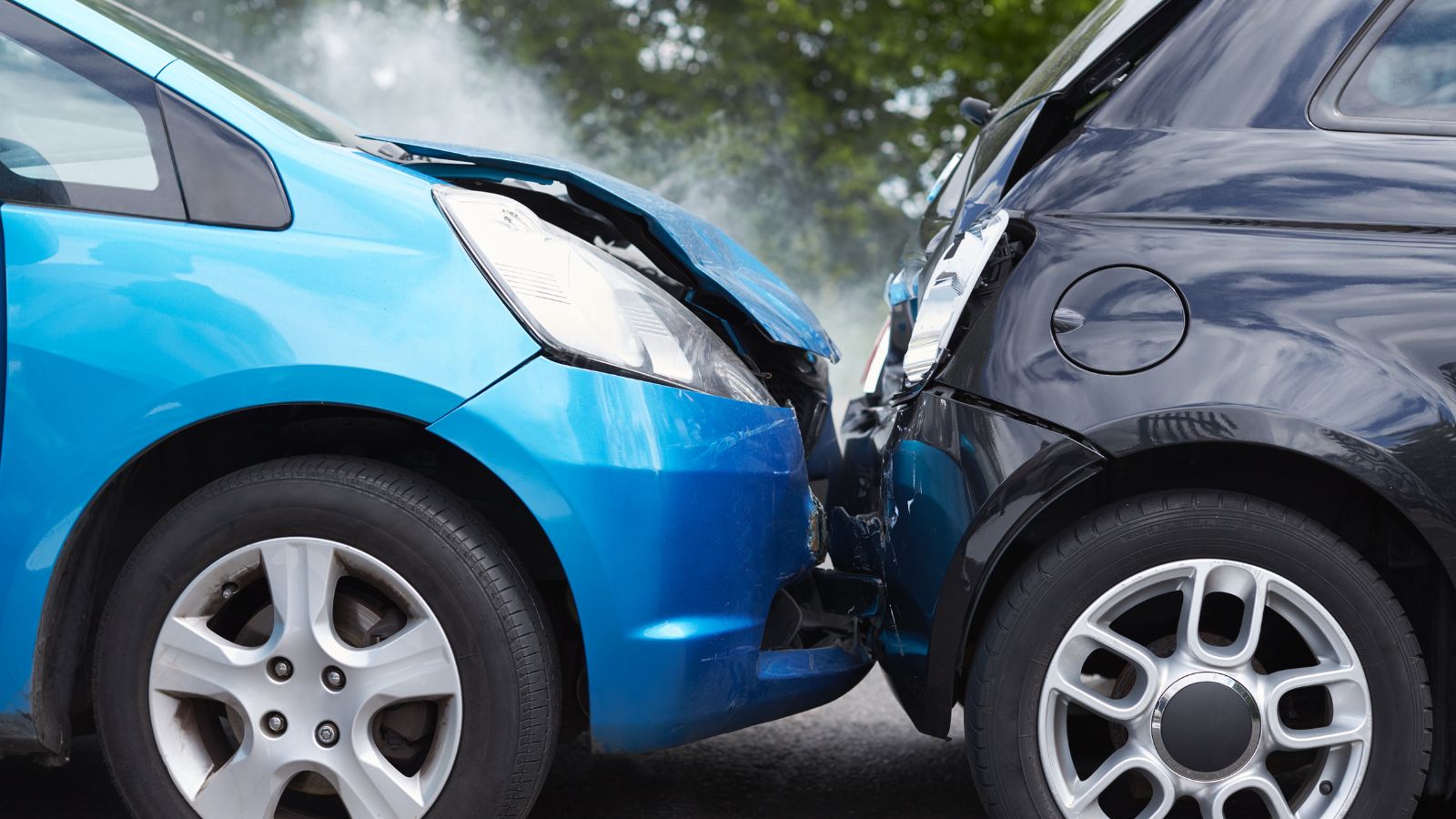Tourists and business travelers flock to Las Vegas year-round, and many rely on rental vehicles to get around the city and explore nearby attractions. But the convenience of a rental car can come with confusion and complications, especially when an accident happens. Suddenly, you’re no longer dealing with just the shock of a crash but also trying to navigate unfamiliar insurance policies and rental agreements.
Whether you’re a visitor or a local temporarily using a rental, getting into a crash in a vehicle you don’t own presents unique legal and logistical challenges. From figuring out who pays for damages to dealing with out-of-state insurers or rental agencies, each step can feel like uncharted territory. Knowing what to do immediately after the crash—and who to contact—can protect your rights and your finances.
Prioritize Safety and Call for Help
After any crash, your first priority is safety. Move the vehicle to the side of the road if possible, turn on your hazard lights, and check for injuries. If anyone appears hurt, call 911 and wait for emergency services. Even a low-speed impact can result in serious injuries like whiplash or internal trauma that isn’t immediately visible.
It’s equally important to request law enforcement at the scene. A police report is often required by both your rental company and insurance carrier, and it can help establish fault. Officers will document driver statements, damage, and conditions, all of which may be crucial to your claim.
Exchange Details and Document the Scene
Collect information from all parties involved in the crash, including names, phone numbers, driver’s license details, insurance info, and license plate numbers. If there are witnesses, ask for their contact information as well. These individuals may be critical if fault is disputed later.
Take clear photos of the accident scene, vehicle damage, injuries, road signs, traffic signals, and any environmental conditions that might have played a role. Don’t forget to photograph your rental agreement and the condition of the rental vehicle. This documentation can help shield you from unfair damage claims.

Contact the Rental Company Immediately
Most rental agreements require drivers to report accidents promptly. If you delay, you may violate your contract and face penalties—even if the crash wasn’t your fault. Use the rental company’s emergency number and follow their instructions carefully.
Avoid admitting fault during the call. Just provide a clear account of what happened and ask for guidance on what to do with the vehicle. Some companies will direct you to a nearby office, while others may send a tow truck or provide a replacement car depending on the damage.
Insurance Coverage: What Applies to You?
One of the most confusing parts of a rental vehicle accident is figuring out which insurance policies apply. If you purchased coverage from the rental agency, such as a Collision Damage Waiver (CDW), it may help with repair costs—but not with medical expenses or liability to others.
Your personal auto policy may offer coverage if it includes rental car use, but policies vary. If you booked the rental with a credit card, it may include secondary coverage, but often only after your own insurance is exhausted. Navigating this puzzle of overlapping coverage can be overwhelming, and consulting with the Koch & Brim LLP injury attorneys can clarify which options are in your best interest.
Determining Fault and Filing a Claim
Nevada follows a modified comparative negligence rule, which means the party who is less than 50% at fault can still recover damages—but their compensation is reduced by their percentage of fault. Gathering strong evidence early can protect your position and strengthen your claim.
Your attorney or insurance company will use the police report, witness statements, traffic footage, and your own documentation to determine fault. If the other driver was distracted, intoxicated, or ran a red light, you may be able to pursue a claim against their insurer for vehicle damage, medical costs, and lost income.
Dealing with Rental Company Damage Fees
Even when you’re not at fault, the rental agency may try to charge you for vehicle damage, towing, or “loss of use” fees while the car is out of service. These charges can be substantial and may be taken directly from your credit card on file.
Don’t accept these charges blindly. You have a right to request a detailed invoice and challenge the costs—especially if insurance coverage applies or if the damage wasn’t your fault. Keep records of every interaction with the rental company and avoid signing anything that accepts blame or waives liability.
Medical Treatment and Hidden Injuries
Accidents involving rental cars can result in more than financial stress—they can also lead to injuries that take days to appear. It’s critical to seek a medical evaluation even if you feel fine. Some symptoms, such as soft tissue injuries, concussions, or back issues, may not show up immediately but can worsen without care.
Prompt medical attention also provides documentation linking your injuries to the crash. This is especially important when seeking reimbursement for expenses or negotiating with insurers. Delaying treatment can hurt both your health and your legal case.
Legal Support Can Make the Difference
Rental car accident cases are rarely straightforward. They involve multiple parties, cross-state complications, and confusing contract terms. You may be juggling claims with your own insurer, the rental company, and the at-fault driver’s carrier—all while dealing with injury recovery.
An experienced personal injury attorney can help you navigate these overlapping claims, dispute unfair charges, and ensure your rights are protected. Whether you’re a Nevada resident or a visitor, having legal guidance can ease the stress of dealing with multiple entities that are more interested in protecting themselves than helping you recover.



